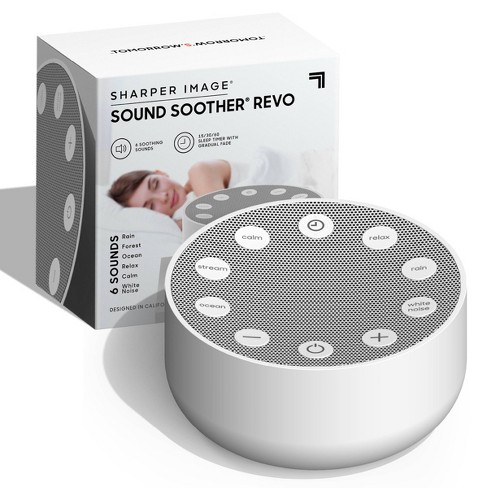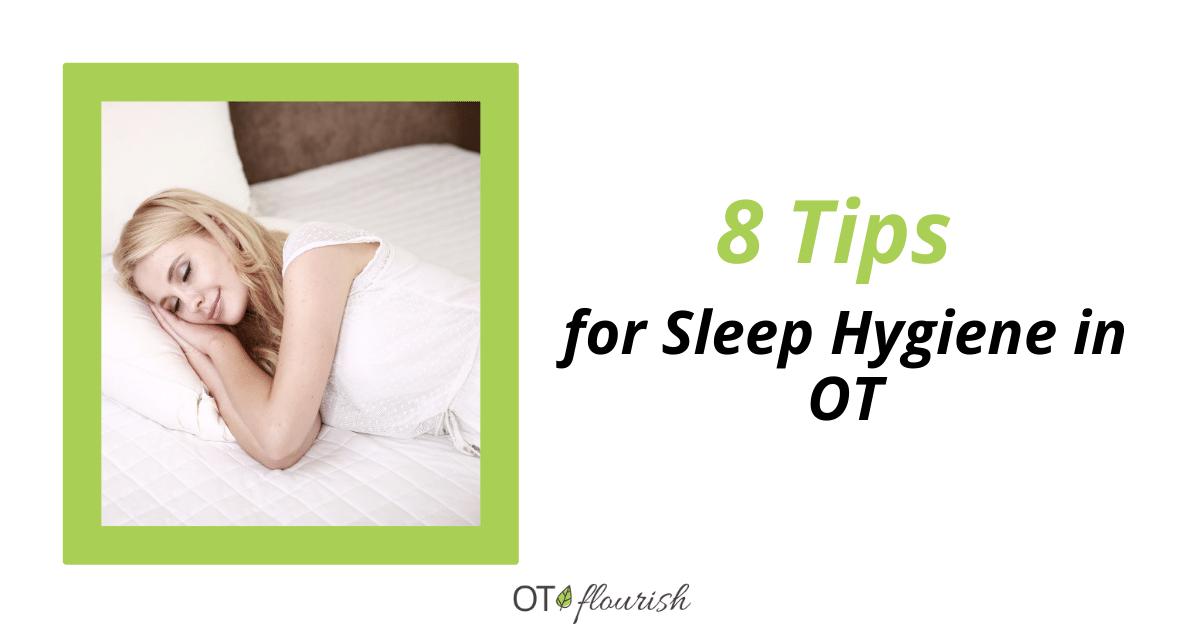Specialist Insomnia Counseling - Obtain Specialist Assistance
Specialist Insomnia Counseling - Obtain Specialist Assistance
Blog Article
Reliable Therapy Solutions for Managing Sleep Disorders and Enhancing Relaxing Sleep
In the realm of healthcare, the administration of rest conditions and the pursuit for relaxed rest are crucial components of total health. Efficient therapy remedies supply a complex method to tackle these difficulties, varying from cognitive behavioral interventions to alternative practices that promote relaxation and mindfulness. The exploration of numerous strategies, consisting of the integration of medication and light therapy, opens up a realm of possibilities in the quest of better rest high quality. As we navigate the complex landscape of rest disorders and seek to improve our rest experience, a much deeper understanding of these treatment remedies may hold the trick to unlocking a more relaxing and fulfilling restorative journey.
Cognitive Behavior Modification for Sleeplessness (CBT-I)
Cognitive Behavioral Treatment for Sleep Problems (CBT-I) is a structured, evidence-based treatment approach that focuses on addressing the hidden aspects contributing to rest disturbances. This kind of therapy aims to change actions and ideas that aggravate insomnia, ultimately promoting healthy and balanced rest patterns. CBT-I commonly entails a number of crucial components, consisting of cognitive treatment, sleep constraint, stimulus control, and sleep health education.
Cognitive therapy helps individuals determine and alter adverse thought patterns and beliefs concerning rest that may be preventing their capability to fall or stay asleep. Sleep constraint involves restricting the amount of time spent in bed to match the person's real sleep period, consequently increasing rest efficiency (sleep improvement therapy). Stimulation control methods help establish a solid association in between the bed and sleep by urging people to go to bed only when drowsy and to prevent participating in promoting activities in bed
Additionally, sleep health education and learning concentrates on creating healthy sleep habits, such as keeping a consistent rest routine, creating a relaxing bedtime regimen, and optimizing the sleep atmosphere. By attending to these elements comprehensively, CBT-I uses an effective non-pharmacological intervention for taking care of sleeplessness and improving general sleep quality.
Sleep Health Practices
Having actually developed the structure of cognitive restructuring and behavior modifications in attending to sleeping disorders via Cognitive Behavior modification for Insomnia (CBT-I), the focus now changes in the direction of checking out essential Sleep Health Practices for preserving ideal sleep high quality and total health.
Rest health practices encompass a range of behaviors and environmental elements that can considerably affect one's capacity to fall asleep and remain asleep throughout the evening. Regular rest and wake times, producing a relaxing going to bed routine, and enhancing the rest environment by maintaining it dark, quiet, and cool are important parts of good sleep hygiene. Limiting exposure to displays before bedtime, avoiding stimulants like high levels of caffeine close to going to bed, and participating in routine physical activity throughout the day can additionally advertise much better sleep top quality.
Furthermore, exercising leisure techniques such as deep breathing exercises or meditation before bed can aid soothe the mind and prepare the body for sleep. By incorporating these rest hygiene methods into one's everyday routine, people can establish a healthy rest pattern that sustains relaxed sleep and general wellness.
Leisure Strategies and Mindfulness
Applying leisure techniques and mindfulness techniques can play an essential role in cultivating a feeling of calm and promoting quality sleep. insomnia therapy. These methods aim to peaceful the mind, lower anxiety, and create an optimum environment for peaceful rest. One widely practiced approach is deep breathing exercises, where individuals concentrate on slow-moving, deep breaths to loosen up the mind and body. Modern muscle relaxation entails tensing and afterwards releasing each muscle mass group, promoting physical relaxation. Additionally, directed images can aid carry people to a calm place in their minds, assisting in stress reduction and enhancing sleep top quality.
By including these practices into a going to bed regimen, people can signify to their bodies that it is time to loosen up and prepare for rest. On the whole, incorporating relaxation strategies and mindfulness techniques can significantly contribute to handling sleep problems and improving general sleep top quality.

Medicine Options for Rest Disorders
After discovering leisure techniques and mindfulness techniques as non-pharmacological interventions for improving rest high quality, it is necessary to think about medication alternatives for people with sleep conditions. In situations where lifestyle modifications and therapy do not supply enough relief, medicine can be a valuable tool in taking care of rest disturbances.
Commonly suggested medications for sleep disorders include benzodiazepines, non-benzodiazepine hypnotics, antidepressants, and melatonin receptor agonists. Antidepressants, such as trazodone, can be helpful for individuals with co-occurring anxiety and sleep disruptions - sleep improvement therapy.
It is vital for individuals to seek advice from with a doctor to determine one of the most appropriate medicine alternative based upon their details sleep problem and case history.
Light Therapy for Circadian Rhythm Law
Light therapy, additionally called photo-therapy, is a non-invasive therapy technique used to manage body clocks and improve sleep-wake cycles. This treatment entails exposure to intense light that simulates natural sunshine, which assists to reset the body's body clock. By subjecting individuals to certain wavelengths of light, generally in the morning or night depending on the preferred result, light treatment can properly change the body clock to advertise wakefulness throughout the day and improve restful sleep at evening.
Research has actually revealed that light treatment can be particularly useful for people with body clock conditions, such as postponed rest phase Going Here syndrome or jet lag. It can additionally be valuable for those experiencing seasonal affective condition (SAD), a kind of clinical depression that normally happens throughout the winter season when all-natural light direct exposure is lowered. Light therapy is typically well-tolerated and can be utilized along with various other therapy approaches for rest disorders to enhance outcomes and boost overall rest quality.
Verdict
In conclusion, reliable treatment solutions for handling rest problems and improving peaceful rest consist of Cognitive Behavioral Therapy for Sleeping Disorders (CBT-I), sleep hygiene techniques, relaxation methods and mindfulness, medicine options, and light treatment for body clock guideline. These techniques can assist people boost their sleep quality and total health. It is necessary to seek advice from a medical care copyright to figure out one of the most ideal technique for resolving sleep issues.
As we browse the complex landscape of sleep conditions and look for to boost our sleep experience, a much deeper understanding of these therapy remedies might hold the secret to opening an extra refreshing and fulfilling restorative trip.
Sleep restriction includes restricting the quantity of time spent in bed to match the person's real rest duration, therefore increasing sleep performance. Constant rest and wake times, producing a relaxing going to bed routine, and maximizing the sleep atmosphere by keeping it dark, silent, you could check here and cool are vital parts of good rest hygiene. Light treatment is typically well-tolerated and can be used in conjunction with other therapy methods for rest problems to enhance end results and improve total rest high quality.

Report this page